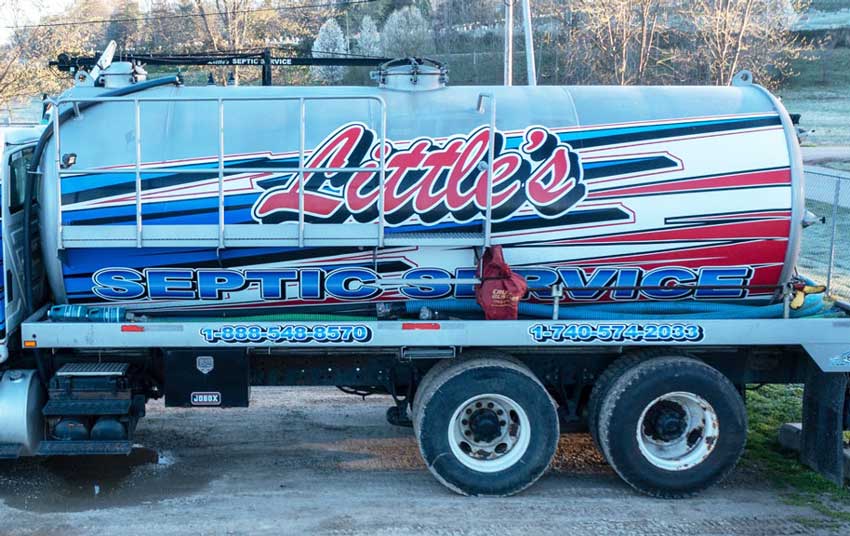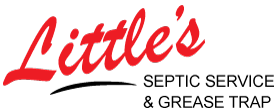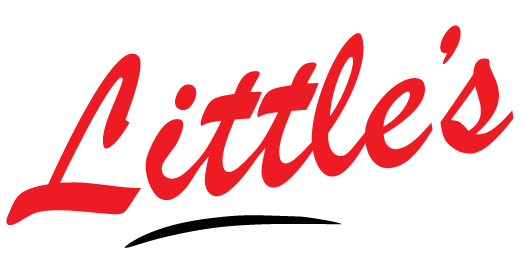
We get a lot of questions about the best ways homeowners can keep their septic systems in good working order. Of course, a little care and routine maintenance for your septic system will go a long way in its proper operation for years ahead. But here are some more details and some practical and easy tips you can utilize to help your septic system run smoothly.
Have a regular schedule for septic system inspections
Your septic system needs regular inspections by a professional. Routine inspections can assess the overall condition of your septic system and help identify areas that may lead to issues down the road. Identifying and addressing issues will help prevent more damaging and costly repairs from occurring.
There are many variables in determining a good schedule for inspections. It’s best to discuss this after an initial inspection and lay a scheduling path forward.
Pump your septic tank
Solids that collect in your septic tank need to be pumped and properly disposed of. Neglecting this will lead to clogs in your drain field and could even cause a backup in your home.
How often you have your septic system pumped depends on the size of your tank, use habits and the number of people living in your home. A professional can better advise you during routine inspections.
Be mindful of your system and habits
The better you take care of your septic system, the longer it will hold up over time. Some simple habits will help keep your system operating optimally.
- Know your system: know the location of your septic tank, drain field and other important septic system information. Keep a documented record of it for reference. This will be helpful during routine inspections, with troubleshooting and in the case of emergencies.
- Do not drive on your system: Avoid operating or parking your vehicles or other heavy equipment on your septic system. This includes all components and your drain field.
- It’s not a garbage can: Flushing products that should go in the trash will harm your septic system and could cause costly repairs. There’s a long list of common products you should avoid flushing, including baby wipes or other clean wipes, paper towels, medications, cat litter, tissues, dental floss, cigarette butts, disinfectant wipes and household chemicals.
- Divert water: Try to direct natural runoff water from driveways, gutters/downspouts and other systems away from your drain field.
- Keep trees away: One of the biggest enemies to your drainage system is roots, particularly large ones from certain types of tress and large bushes. If roots get to your pipes and/or septic tank they can lead to backups and/or damage to your system. Keep trees and other large rooting systems away from your septic system.
- Garbage disposals: Be careful what you put in your garbage disposal. Do not use your disposal for anything that would potentially clog a drain or form blockage along the inner walls of your sewer pipes. Overuse of your garbage disposal can lead to larger buildups of your solid layer in your septic tank.
- No grease: Grease is one of the worst things you could pour down a drain and is one of the most common things people actually do pour down the drain. Grease will build up on the inner walls of drain pipes and can lead to costly repairs.
- Hazardous chemicals: Products like motor oil, gasoline and paint should never be poured down a drain or flushed. There are many others and all these types of products will have instructions on proper disposal. If in doubt, be sure to read and follow the proper disposal instructions.
Ultimately, trust in a great septic service
A professional septic service can help you keep your septic system healthy and operating as it should. At Little’s, we will guide you through the process of service and provide you some customized tips about maintenance you can perform to keep your septic system performing optimally.
Contact us now to scheduled your appointment. Call us at 888-548-8570 or send us a message here.

